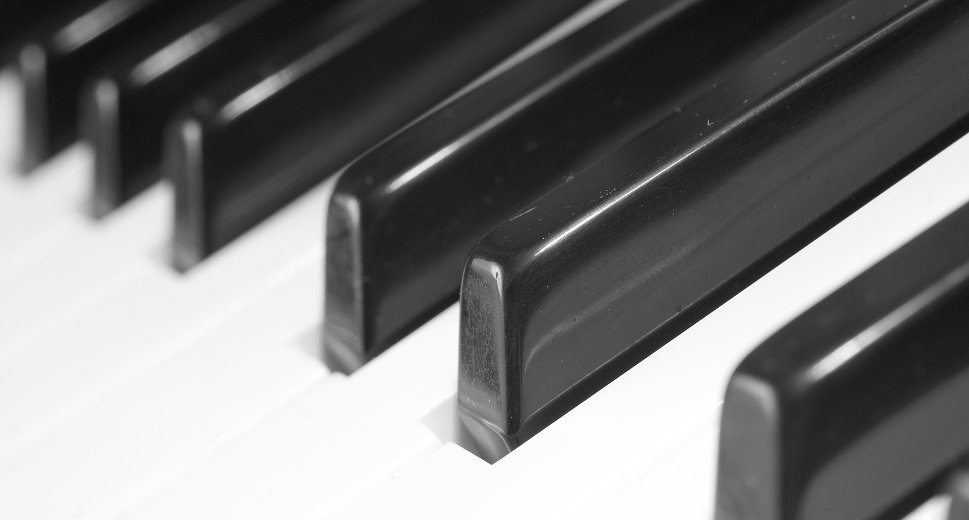
People starting their journey with keyboard instruments often face a dilemma: is it better to buy a digital piano, or is a keyboard enough? Both instruments have their advantages, but they differ in purpose and functionality. Here are the key differences to help you make the right choice.
A keyboard is a lightweight, portable electronic instrument with dozens or even hundreds of different sounds and built-in rhythms. It is ideal for children or those who want to experiment with various musical styles. Keyboards often have fewer keys (49, 61, or 76) and a light, plastic action that does not resemble the feel of a real piano. They are a great option for learning the basics or for composing pop, electronic, or entertainment music.
A digital piano, on the other hand, is designed to reproduce the experience of a traditional piano as faithfully as possible. It has a full-sized keyboard (88 keys) with hammer action, allowing you to learn proper technique according to music school standards. Its sound is also much more realistic, often sampled from a real concert grand piano. Moreover, a digital piano can be connected to a computer, educational apps, or headphones—making it possible to practice even at night.
If you plan to play classical music, jazz, or ballads—a digital piano will definitely be the better choice. However, if you want to experiment with different sounds and rhythms, and value mobility—a keyboard is worth considering.
In summary: a keyboard is a great starting point for creative beginners, but a digital piano is an investment in serious music education and better preparation for studying in a music school.